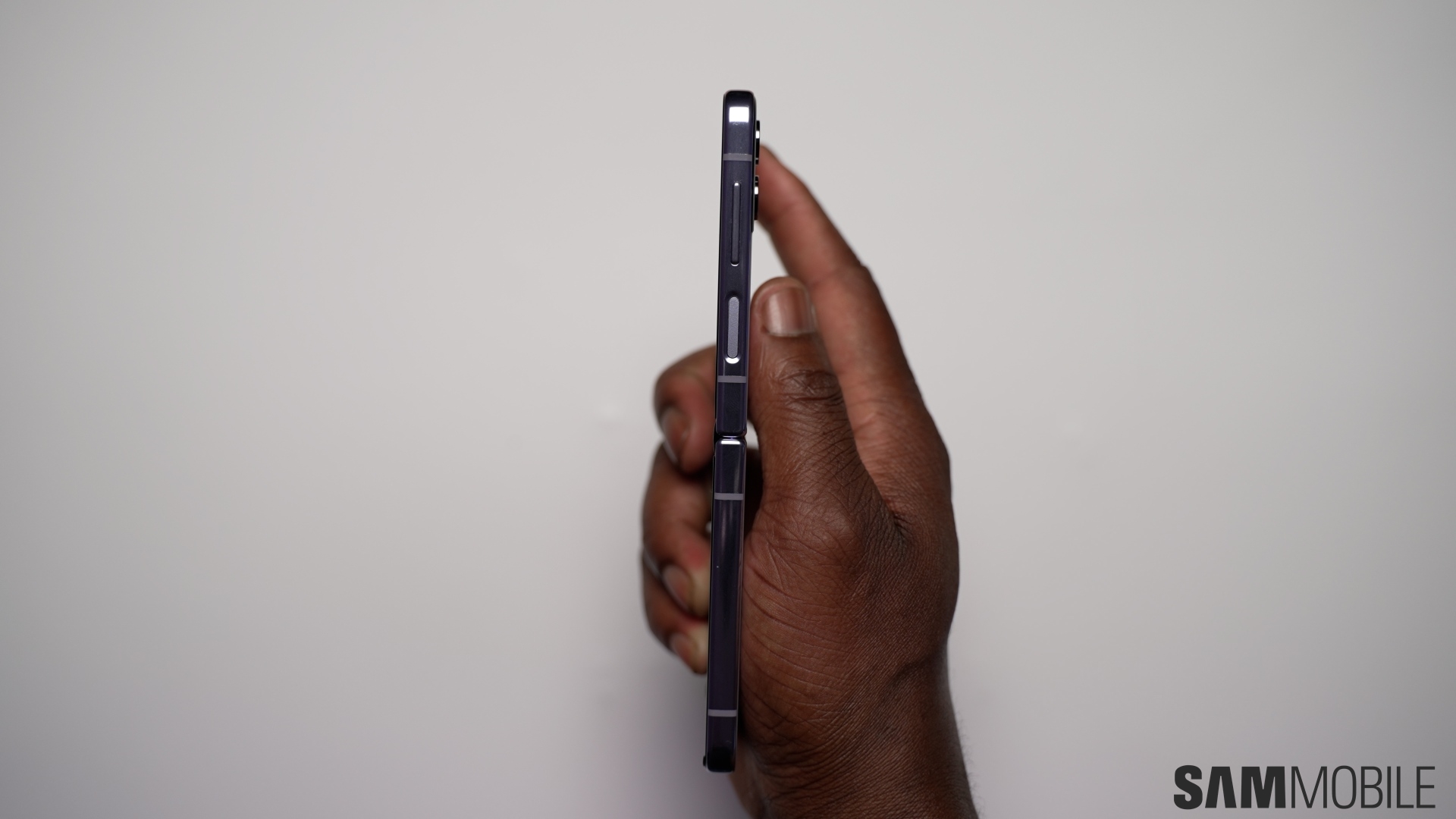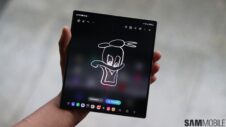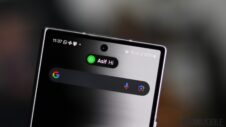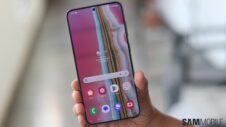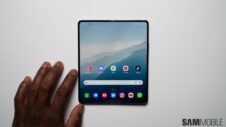When you want to fold a smartphone screen, having a glass covering on top is pretty much impossible. Sure, Samsung does use glass on its foldable phone screens, but it's of the ultra-thin variety does virtually nothing to make these foldable screens less fragile.
It's why the Galaxy Z Fold 3 and Galaxy Z Fold 4 don't support Samsung's standard S Pen stylus but need a special Fold Edition S Pen for stylus input. It's also why you don't find in-screen fingerprint sensors on Samsung's foldable phones, and for me, that's perhaps the best trade-offs on these phones.
Like previous devices in the series, the Galaxy Z Fold 4 and Galaxy Z Flip 4 have side-mounted fingerprint scanners, and as you would expect, they work great. Samsung's under-display fingerprint sensors have also come a long way, but they still can't hold a candle to physical sensors.
Under-display vs physical fingerprint sensors: Form vs functionality
The biggest advantage continues to be how physical buttons and fingerprint sensors are easier to commit to muscle memory, making it incredibly easy to use them without having to look at them. Equally advantageous is their accuracy and speed. Again, under-display fingerprint readers have come a long way (especially on Galaxy devices), but nothing beats the good old physical fingerprint reader.
There's also an advantage to the physical scanners that many people tend not to know about: physical scanners don't fail to work if you forget to use moisturizer and your skin is too dry. Last but not least, under-display scanners can have issues if you have a screen protector applied to the device. With a physical sensor, there's no such obstacle.
Physical sensors are especially good for those of us who prefer functionality over form. In-display fingerprint sensors look cool, but many of us would rather take the tried-and-tested approach over something with a higher cool factor, myself included.
In fact, it's ironic that an experimental and fancy new form factor like a foldable phone has to make do with something so old. It doesn't bother me, though. “If it ain't broke, don't fix it” is a mantra that works well, and while Samsung is being forced to embrace that mantra as far as its foldables is concerned, it's still a good thing.
What do you think?
